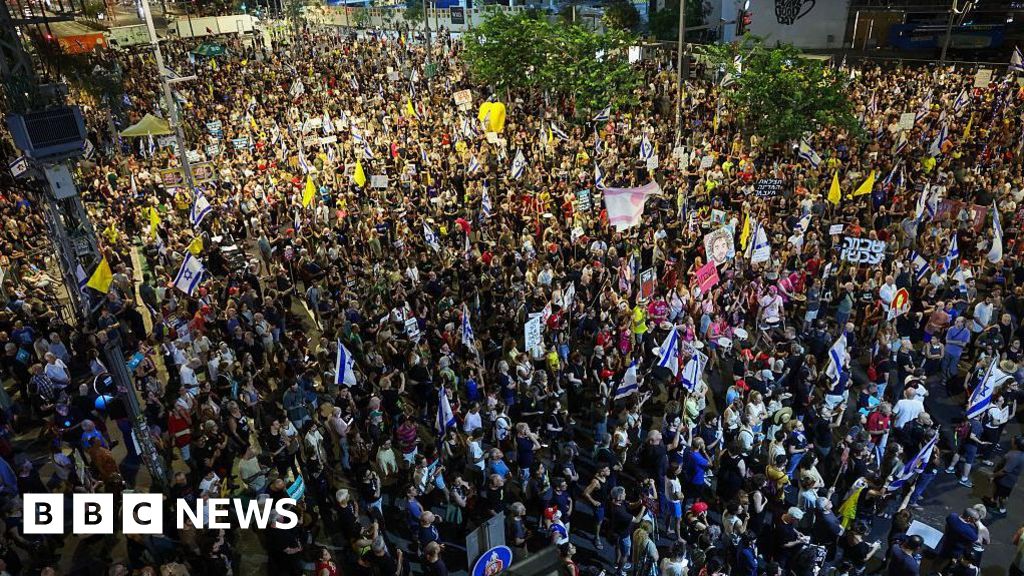
Hundreds of thousands of people gathered in Tel Aviv’s ‘Hostages Square’ on Sunday, demanding an end to the Gaza war and the safe release of hostages held by Hamas. Organized protests extended nationwide, with a one-day national strike closing roads, offices, and universities in various regions. Nearly 40 arrests were reported during the demonstrations.
Public Pressure for a Hostage Deal
The protest organizers criticized the Israeli government’s strategy to seize Gaza City, emphasizing the danger it poses to the lives of approximately 20 hostages. Speaking to the crowds, Einav Zangauker, mother of hostage Matan, urged the government to secure a diplomatic agreement and end military actions. ‘We demand what is rightfully ours—our children,’ she said.
Israeli Prime Minister Benjamin Netanyahu condemned the protests, claiming they could harden Hamas’s stance and slow the negotiation process. However, families of the hostages and other demonstrators continue to call for alternative strategies to ensure the safety of those captured.
Escalating Conflict Brings Humanitarian Crisis
The protests come as the Israeli government intensifies its offensive in Gaza, displacing millions. Israeli bombardments have particularly affected the Zeitoun neighborhood, resulting in mass evacuations. Reports from Gaza’s Hamas-run local authorities describe the situation as catastrophic, with widespread destruction and loss of civilian lives.
More than 61,000 Palestinians have reportedly been killed since the conflict began, based on data from the Gaza health ministry. Nearly 90% of Gaza’s population has been displaced, with ongoing UN warnings of famine and severe malnutrition gripping the region.
International Repercussions
The UN Security Council has condemned Israel’s plans to forcefully displace Gaza’s population. Simultaneously, Israeli officials have announced plans to reintroduce humanitarian aid, such as tents and shelter equipment, into southern Gaza. However, critics argue this does little to address the large-scale humanitarian crisis.
The conflict, which started on October 7, 2023, following a deadly Hamas attack on Israel, has fueled heightened tensions worldwide. Protests in Israel highlight the growing divide between citizens who support the current military strategy and those advocating for diplomacy and humanitarian-focused resolutions.






